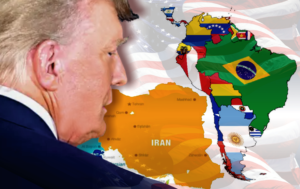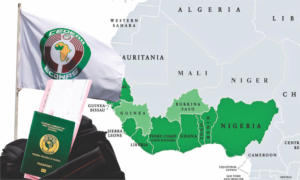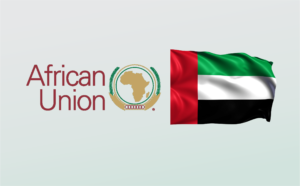UK Excludes Israeli Students from Prestigious Defence College as Gaza War Escalates
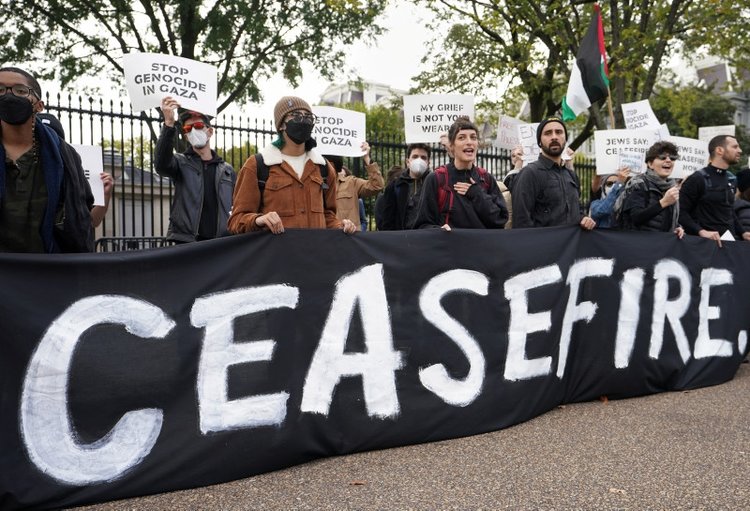
In London, a move underscoring the widening political and economic reverberations of the Gaza conflict, the United Kingdom has barred Israeli students from attending a prestigious London-based defence studies college. The decision, unprecedented in recent years, signals how the war is reshaping international alliances, academic cooperation, and economic frameworks that underpin global security education.
![]()
The exclusion, reportedly tied to the intensification of military operations in Gaza, carries far-reaching implications. Beyond its immediate diplomatic message, analysts suggest the ban highlights the growing entanglement of regional conflicts with international institutions that typically function as neutral grounds for dialogue and strategic training.
The restriction comes at a moment when the UK, long considered a hub for defence education and international military exchange, faces increasing pressure to recalibrate its stance on the Israel-Palestine conflict. Critics argue that the decision risks politicising academic and security training platforms, potentially undermining their role as arenas for bridging divides.
At the same time, the move could reflect broader calculations within British foreign policy. By restricting Israeli participation, London may be signalling alignment with international calls for restraint, while also attempting to preserve relations with Arab and Global South partners who view the Gaza war through humanitarian and political lenses.
The decision is not without economic consequences. Defence colleges, particularly those with international cohorts, play a role in the UK’s higher education export economy. Excluding Israeli participants may affect tuition revenue and weaken the UK’s attractiveness as a global convenor of defence expertise. Furthermore, defence studies programs serve as critical pipelines for future strategic partnerships, influencing arms trade, technology exchange, and military cooperation.
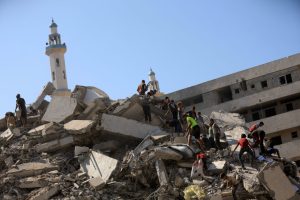
To Israeli students, the ban forecloses access to a network of global peers and to academic frameworks that integrate security with economics, governance and diplomacy. This exclusion could further isolate Israel within certain Western academic and policy circles, narrowing its soft-power reach at a time of growing diplomatic strain.
At the individual level, Israeli students who would have enrolled face personal setbacks. Education abroad often provides not only professional credentials but also cultural bridges, personal networks, and opportunities for human exchange. Cutting off this channel contributes to the deepening social fragmentation already exacerbated by the conflict.
Families too, bear the brunt. Students and their relatives invest financially and emotionally in such opportunities, viewing them as stepping stones toward stability, prestige, and global engagement. The denial of access disrupts these trajectories, creating ripple effects across households and communities.
Across the Middle East, the UK’s decision may be interpreted in multiple ways. Arab governments and publics, many of whom have expressed outrage at the humanitarian toll in Gaza, could see the ban as a symbolic gesture of solidarity. Yet, critics warn that such moves may reinforce a binary framing of the conflict, where engagement with one side is curtailed rather than leveraged for dialogue. In respect to the Israelis, the decision risks being perceived as an erosion of trust with one of its closest Western allies. UK has traditionally been a strong partner in intelligence-sharing and military coordination, making the exclusion notable both symbolically and strategically.
The decision also raises questions about the role of higher education and specialised training institutions in moments of global crisis. Are they to remain neutral spaces of exchange, or are they inevitably swept into the tide of geopolitical realignments? The answer will shape how universities, think tanks and policy schools balance inclusivity with moral and political pressures.
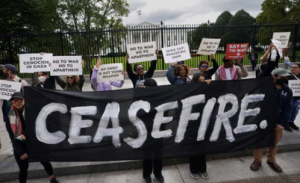
Socially, the move echoes broader patterns of polarisation within diaspora communities in the UK and Europe. With tensions over the Gaza war spilling into protests, public debates, and rising intercommunal friction, institutional decisions like this one can amplify cultural divisions or, alternatively, open new debates about responsibility and solidarity.
At its core, the UK’s action underscores how conflicts today are no longer confined to the battlefield. The Gaza war is not only a humanitarian tragedy but also a catalyst for shifting economic frameworks, reshaping international education, altering migration flows and testing the resilience of global institutions.
The Britain’s choice of denying Israeli students from attending the prestigious London-based defence studies college, may represent both an act of political signalling and a gamble: the exclusion of Israeli students could bolster its standing in some quarters of the world while straining ties with others. Perhaps, in Israel’s view, it is yet another sign that the fallout of the Gaza conflict, extends beyond immediate security concerns to touch the realms of culture, business and long-term human capital.



